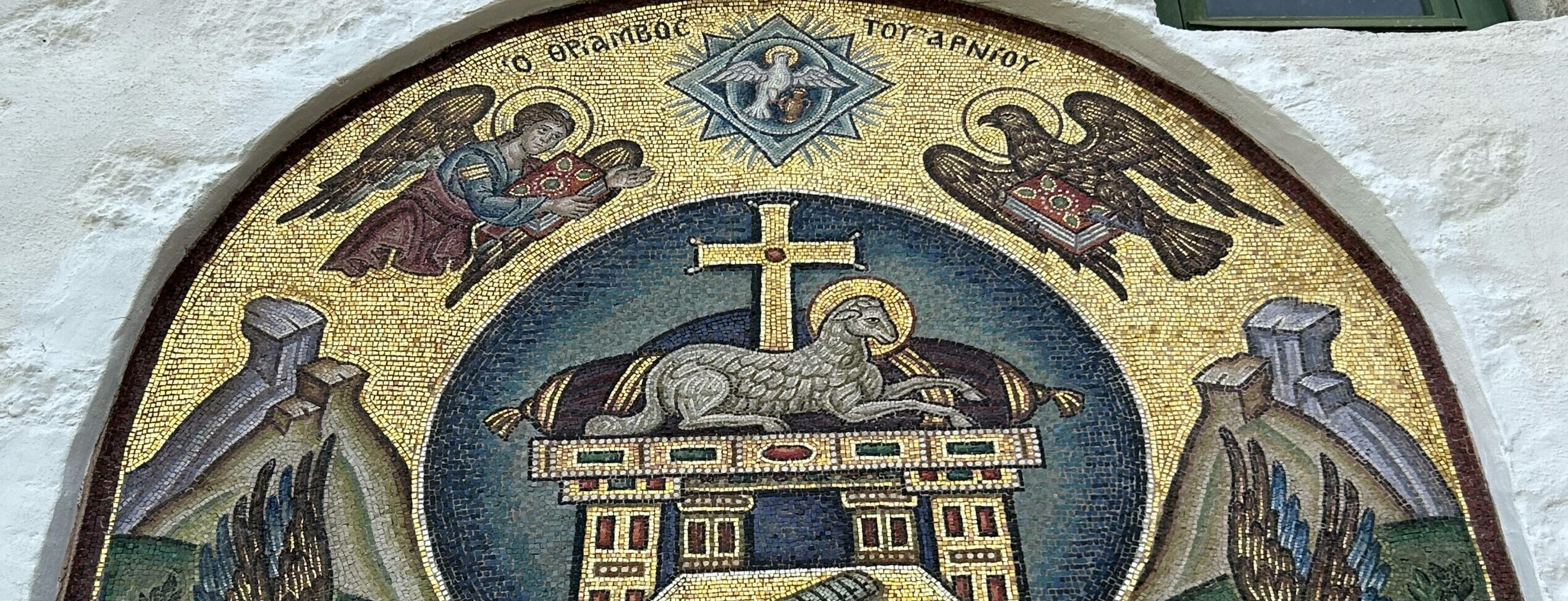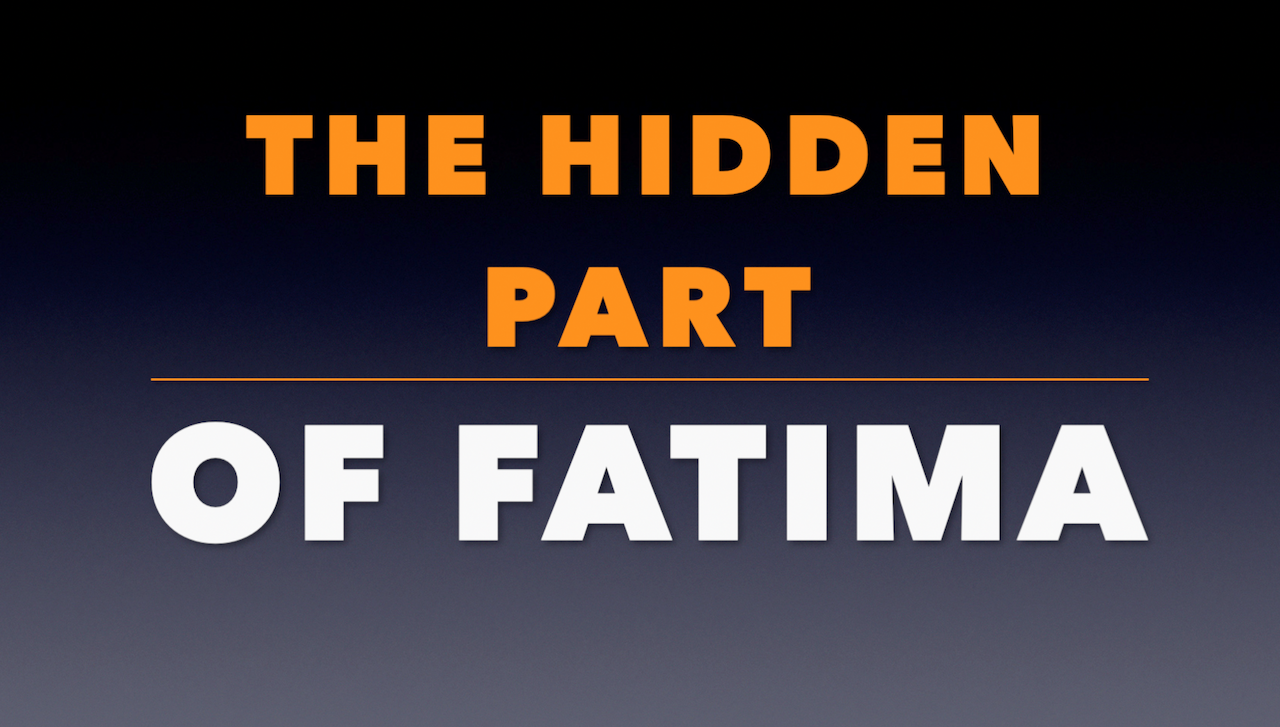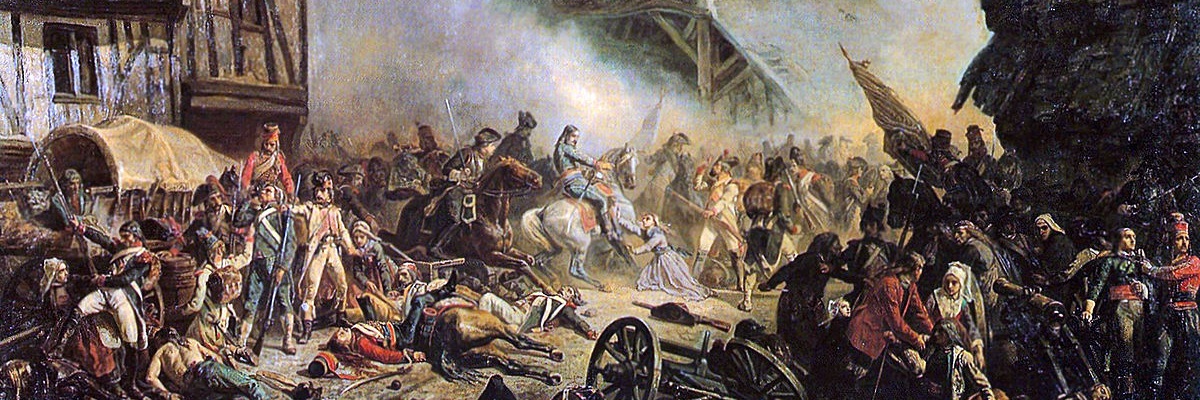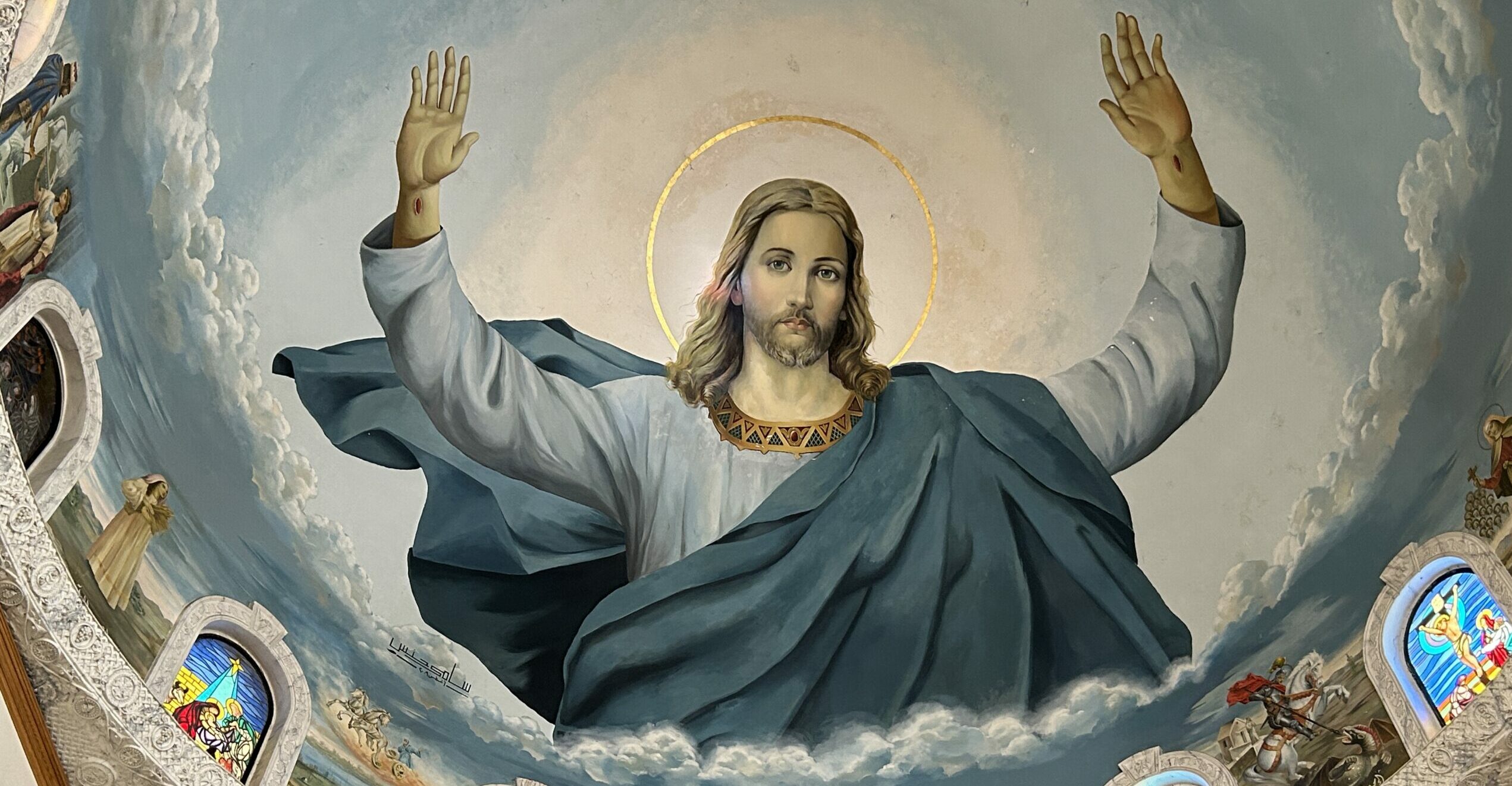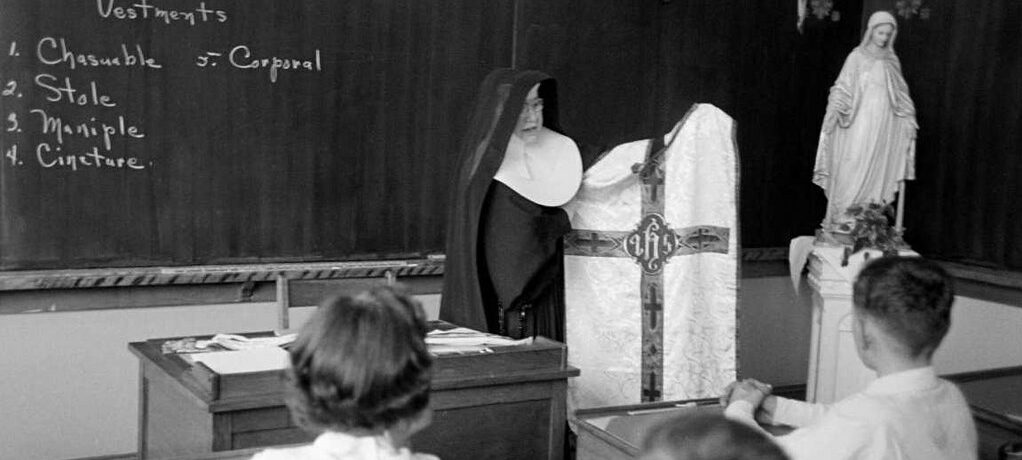Florida Church Biting-Incident
In Florida , a non-Catholic approached Holy Communion, tried to grab it, and a priest bit her forearm. https://youtu.be/llVcGN2gJqw
Did Christ’s Nature Change at His Baptism?
One of the more common heresies over the last 50 years goes something like, "Jesus discovered His vocation at His baptism." Of course, that denies the Divinity of Christ. But a reader recently told me about the opposite heresy she came across. She saw that I recently said on social media that I do not read Private Messages (PM) or Direct Messages (DM.) So, she saw my email is on my Donate page. She wrote: Hello Father Nix. I enjoy your posts and podcasts I just saw your recent Facebook post regarding social media messages. I had sent you the following message on April 26. I’d like your input because a friend said something that has me puzzled. I tried to respond but she was insistent that she was correct. Thank you for your witness and vocation. This is what [...]
The Hidden Part of Fatima
Was Russia ever consecrated to the Immaculate Heart of Mary by a Pope and all bishops? What is the true (but hidden) Third Secret of Fatima? What do we do with such information? Fr. Amorth, Padre Pio, Russia and Third Secret: https://onepeterfive.com/chief-exorcist-father-amorth-padre-pio-knew-the-third-secret/ Fatima, Portugal and Ab0rtn.: https://www.padreperegrino.org/2021/02/fatima-portugal-and-abortion/ -Donate: https://www.padreperegrino.org/donate/ -Telegram: https://t.me/padreperegrino -R.: https://rumble.com/c/c-1209063
Three Broken Canons in the New Code
Just as in the days of Christ, it was the scribes and Pharisees (obsessed with the law instead of the Gospel) who crucified Christ. So also today, canon lawyers now crucify the Catholic Church by legalism. It's not that Canon Law is the problem. Canon Law was originally set up to be at the service of the Gospel, not a replacement of it. But it is being manipulated by corrupt bishops to promote an anti-Gospel in many American dioceses. We will look at three of the worst abuses of the new Code of Canon Law after it was promulgated by Pope John Paul II in 1983. There are better translations from the Latin, but we'll just quote the ones found on the Vatican website for ease of reference. Also, we'll consider the following three canons in order of placement [...]
VLX 149: Mt 26:14-25. “Thirty Pieces of Silver.”
How to Attend Holy Mass Like the Saints: https://vimeo.com/283322245 Gospel today: Then one of the twelve, whose name was Judas Iscariot, went to the chief priests and said, “What will you give me if I deliver him over to you?” And they paid him thirty pieces of silver. And from that moment he sought an opportunity to betray him....Now on the first day of Unleavened Bread the disciples came to Jesus, saying, “Where will you have us prepare for you to eat the Passover?” He said, “Go into the city to a certain man and say to him, The Teacher says, My time is at hand. I will keep the Passover at your house with my disciples.’” And the disciples did as Jesus had directed them, and they prepared the Passover... When it was evening, he reclined at table with [...]
Fatima Discussion with Dr. Taylor Marshall
This month of May, we discuss the most important miracle since the Resurrection. https://www.youtube.com/live/FrqLdr3U7xg?si=tSRiQpPGz3wnCfX3
Forgiveness Makes You Invincible
And when they came to the place that is called The Skull, there they crucified Him, and the criminals, one on His right and one on His left. And Jesus said, “Father, forgive them, for they know not what they do.” And they cast lots to divide His garments. And the people stood by, watching, but the rulers scoffed at Him, saying, “He saved others; let him save himself, if he is the Christ of God, his Chosen One!”—Lk 23:33-35. We often [rightly] associate Christ's forgiveness of His enemies with the above chapter from St. Luke. As Christ is undergoing the most exquisite torture of the Roman Empire, He maintains the composure to say "Father, forgive them, for they know not what they do." Clearly, the Apostles had not received that gift, probably due to their own lack of cooperation [...]
“Catholics Shall Have No Weapons.”
Featured image The Battle of Le Mans, p/c In the Vendee. Most of you know about the Resistance of the Vendée, a group of fervent Catholics who valiantly fought with weapons against the leaders of the French Revolution. This is partly because the French Revolution was killing priests and nuns, as well as doing other unspeakable atrocities. From a human point of view, the Vendée lost the war. But traditional Catholics will always honor them as martyrs for the faith. Later, the French Revolution became the precursor to every communist revolution from Cuba to Cambodia. As I have written before, I estimate that communism killed 14x the amount of people as the Nazis. All dictators require the disarmament of its own citizens before executing the troublemakers. The site Firearms Owners Against Crime lists some of the genocidal results of 20th [...]
Ascension Thursday Sermon 2024
We buried John-Paul, a ten-year old, just two days ago. Today, I reference the loss of their son at a private Mass at their home on Ascension Thursday.
Is Homeschooling the Ideal?
Since however the younger generations must be trained in the arts and sciences for the advantage and prosperity of civil society, and since the family of itself is unequal to this task, it was necessary to create that social institution, the school. But let it be borne in mind that this institution owes its existence to the initiative of the family and of the Church, long before it was undertaken by the State. Hence considered in its historical origin, the school is by its very nature an institution subsidiary and complementary to the family and to the Church. It follows logically and necessarily that it must not be in opposition to, but in positive accord with those other two elements, and form with them a perfect moral union, constituting one sanctuary of education, as it were, with the family and [...]

